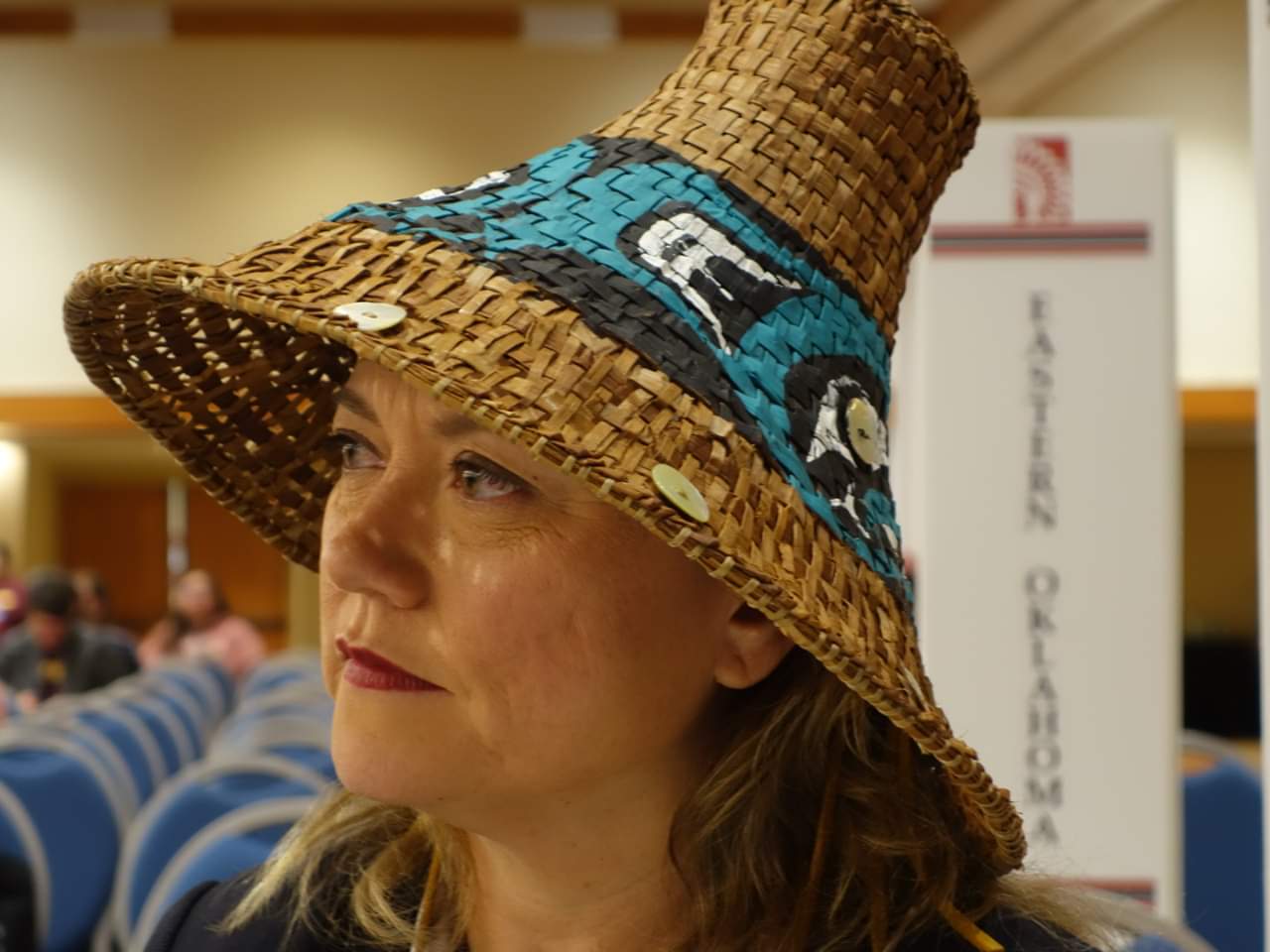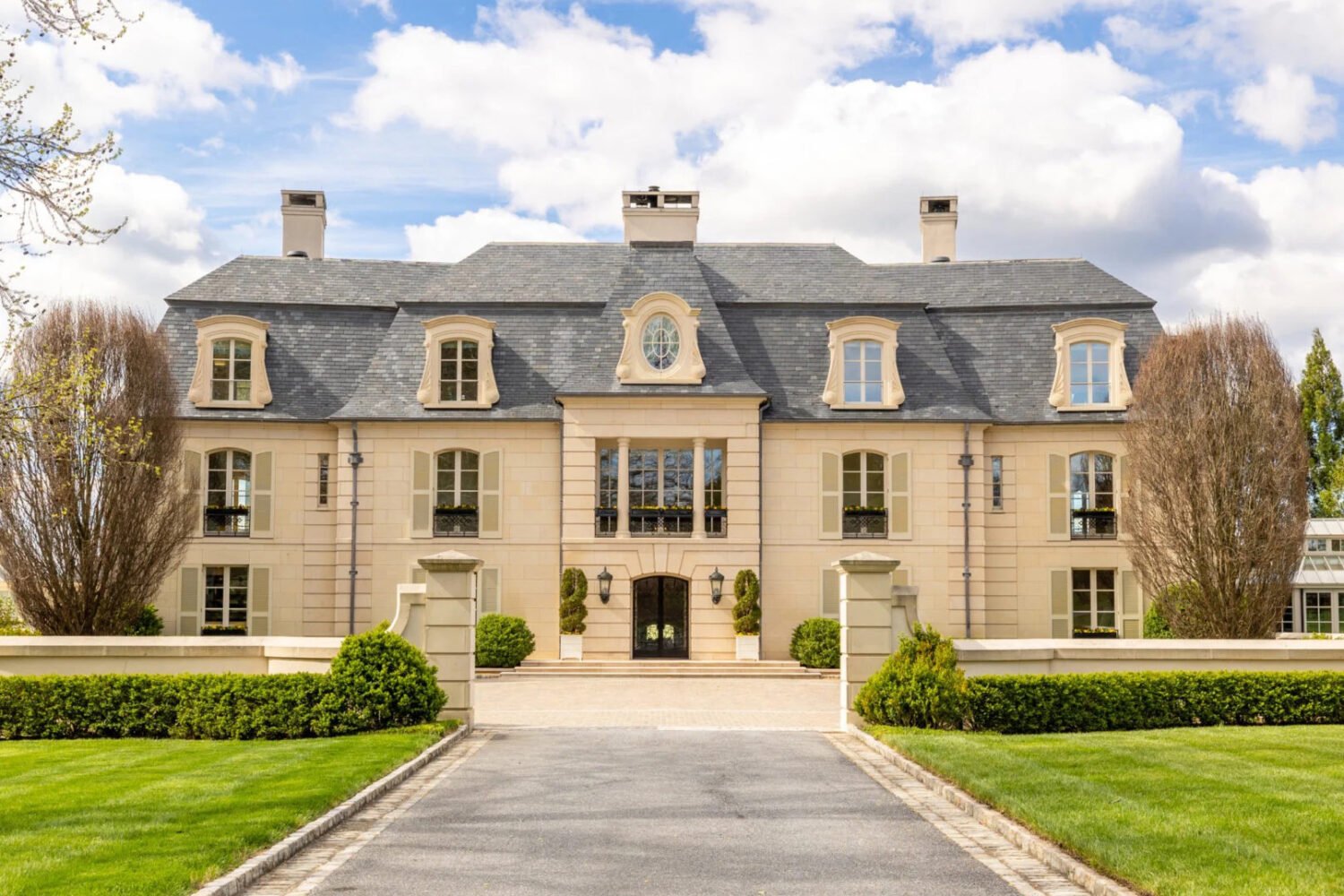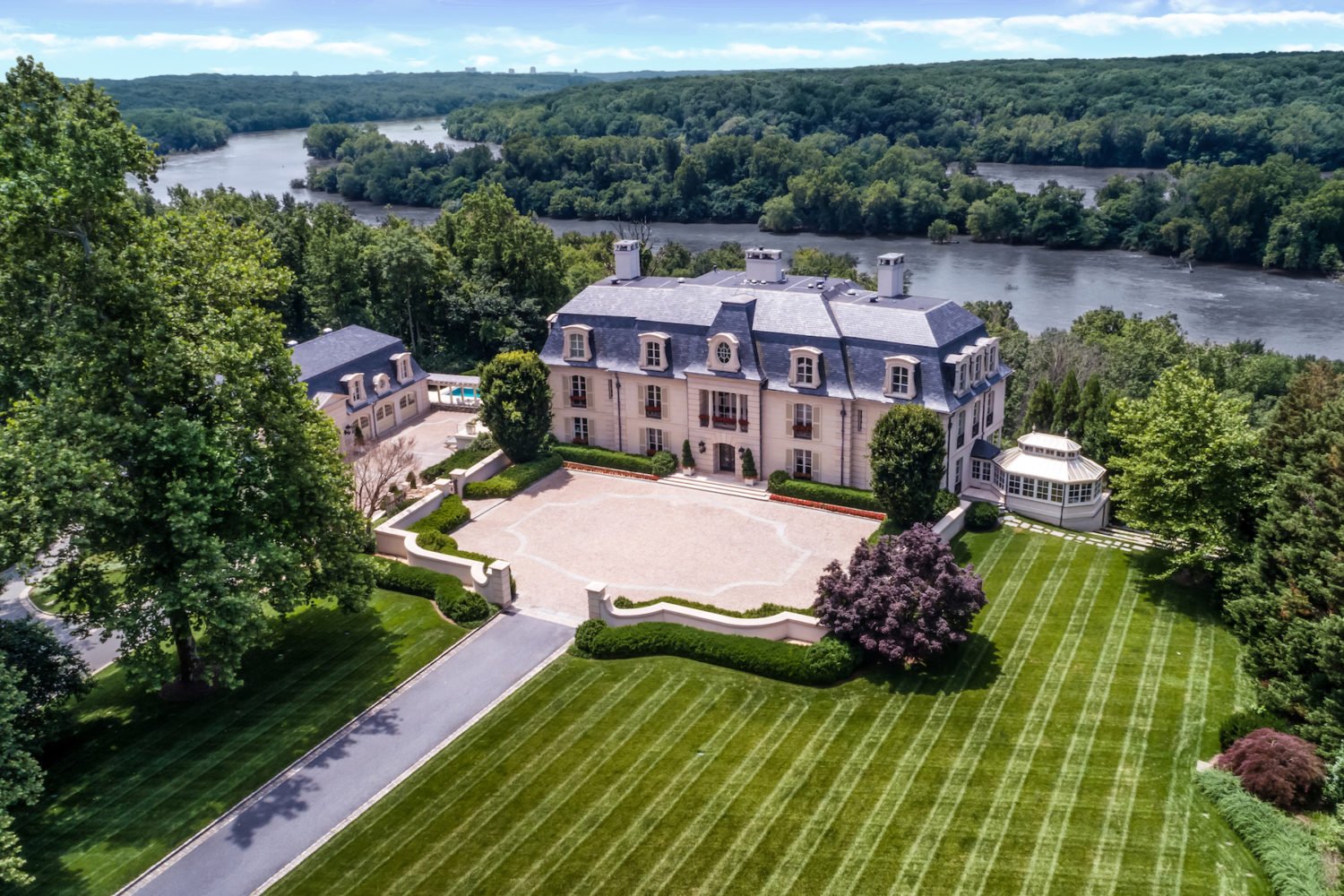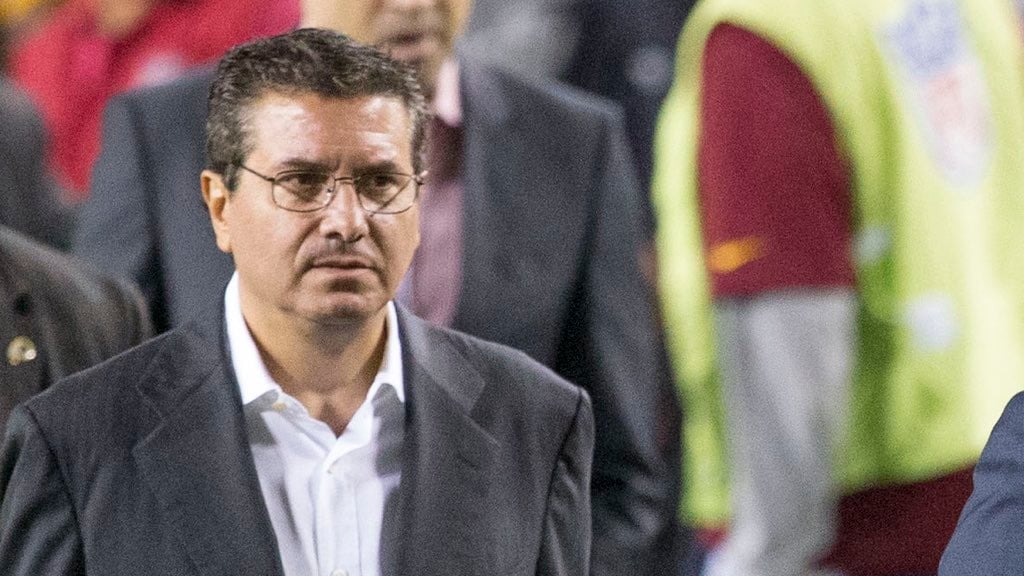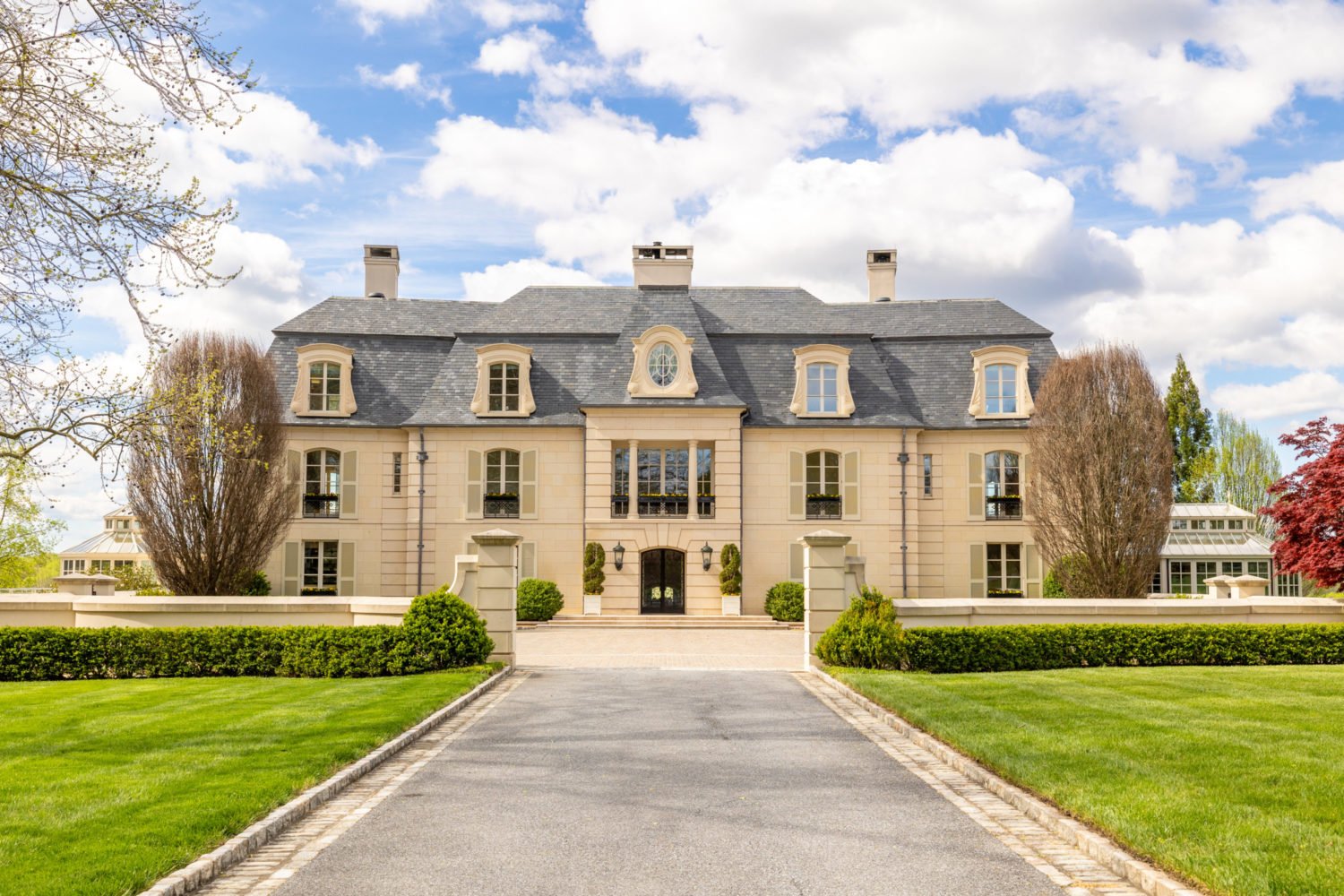On Friday the National Congress of American Indians issued a call to players on Washington’s NFL team, looking for someone who will “sit at home rather than wear the NFL equivalent of the Confederate flag.” This represents a change in tactics for advocates of changing the team’s racist name, which previously focused on its management. Washingtonian asked NCAI President Fawn Sharp, who is also the president of the Quinault Indian Nation in Taholah, Washington, why she and her group, which represents more than 500 tribal nations, chose this moment to, as she put it, seek a new Colin Kaepernick.
Washingtonian: Earlier efforts to get the team to change its name applied pressure on management and fans. But today you’re addressing the players.
Fawn Sharp: Yes. Native Americans have long known for generations that there’s a day of reckoning, and the time will come when the citizenry of this country at large will be in a conversation about the centuries of injustice facing Native Americans. I think this country is is ready for a conversation about the truth of our sad and storied history, our story of oppression. I just know that many players within the NFL are people of faith, of conscience. It was very evident when players all across the league supported Colin [Kaepernick] and so that to me seems like the timing is right. People are ready in this country to stand up to do the right thing. And I know there has to be a player on that team that sees exactly what we’re facing and seizes this moment.
Where does the name of this team fit in with that story of oppression?
From the moment this country was created, there’s this long legacy of violence and oppression and the first chapter is with, you know, Native Americans. The second chapter is slavery. And so [the team’s] image depicts a time where it’s just blood-stained. It’s a reminder of the multi-generational trauma that we all feel, that we all face. And to see that image is a reminder that we have endured, and we had to take centuries of oppression, of violence, of prejudice, and of outright genocide of our people.
Have you or the NCAI had conversations with Dan Snyder or Redskins management?
I have not.
He has said before the he will never change the name. I mean, that’s not much of a negotiating position to start with.
Right. But, you know, the choice is not Dan Snyder’s. It’s not his choice anymore. Our identity never belonged to him in the first place, and it never will. There is no forgiveness. There’s no more time, and he needs to own it. He needs to own that stain forever, and we’re not going to let him forget it. And we’re going to continue to fight every second of every day to see this through.
It seemed a few years ago that there was a lot of motion toward changing the team’s name, but that 2016 Washington Post poll, at least locally, took a lot of the air out of the debate. One of the Post’s local columnists who opposes the name wrote that it’s become clear to him that if we really want to help Indians, we should instead advocate for better schools, job opportunities and social services. How do you make your case to people who think that?
I fully appreciate that question. Because it is a question I ask myself quite frequently. You know, all of humanity has our own set of values and our own interests and our own path in life. And for for some, if we’re so deeply embedded in working to improve the lives of our people, tribal leaders, we’re in a position to see multiple generational challenges, we’re in a position to see the the absolute failure of the United States to uphold its treaties and trust responsibilities and commitments. So when you’re coming from a position of a Native leader, or a Native person that has that perspective, it’s a deep wound. And we also know that many of our citizens cope with things in a different way. You know, our communities are very active in sports, you’ll find, you know, very fine football players and basketball players, that’s a way that we provide for our kids. As tribal leaders, we know that we have to protect the interests of present day Native Americans and set a solid foundation for our people into the future. Part of that is ensuring that our image in our dignity and our integrity is, is not chastised, ridiculed, slammed, or in any way marginalized to be something less than human, to be an object, to be an animal.
Have you heard from any players or their representatives about this challenge that you issued?
Not yet, but I am hopeful and I’m optimistic. It’s only a matter of time. It’s not a question of if but when, and I’m prepared to stand or sit with that player, and all of Indian Country, all 574 tribal nations, will stand or sit with that player.
We’ve seen protests when Washington’s team has played in other cities. This may be a year without fans at football games. What kind of public pressure do you expect to apply in the upcoming NFL season, whatever shape that might take?
Our new normal of everyday life is virtual reality. So I would fully expect and anticipate a virtual movement that will translate to a louder, amplified and unleashed voice. It will be resounding and it will be heard, just like at Standing Rock.
Is there anything you’d like to see this team call itself if it changes its name?
I don’t have any ideas. But I could tell you this: When we gather as tribal leaders and gather as communities when there’s an important decision to make, we commit those important decisions to prayer. And so that is something that I will be doing intentionally, I’m going to claim it in my walk of faith that it will be changed. It’s not a question of if but when, and I will also commit to prayer.
This interview has been condensed.

